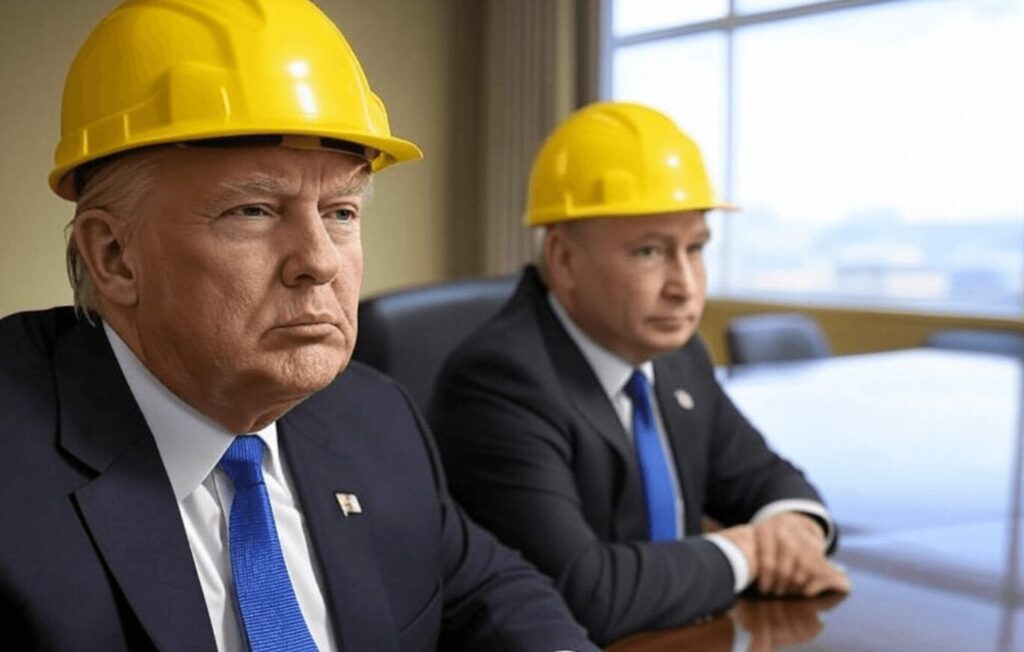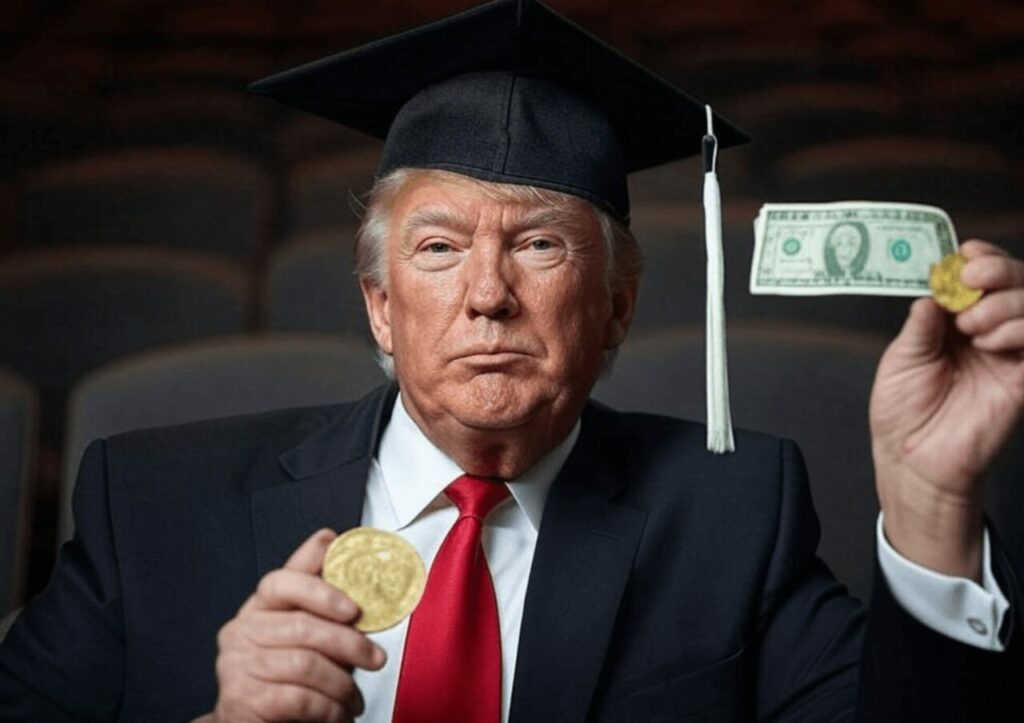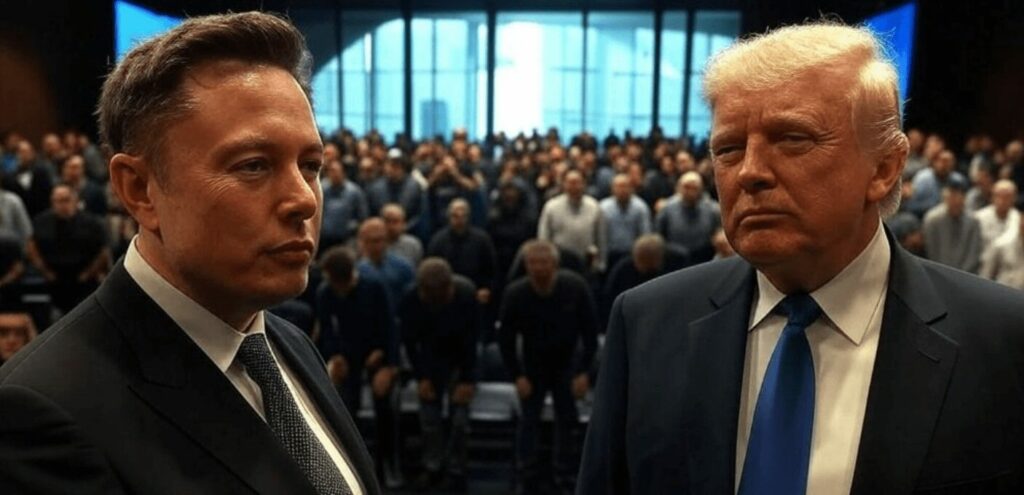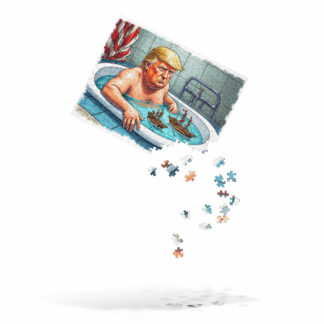Ukraine rare Earth minerals are now the subject of hot debate.
For weeks, the global press has framed the U.S.-Ukraine minerals deal as a foregone conclusion – an economic necessity for Kyiv and a strategic move for Washington.
But the most fundamental question remains unanswered:
How does giving U.S. companies mineral rights in Ukraine actually bring Russia to the negotiation table?
The Biden administration (before it was unseated) and now Trump’s White House have positioned this as part of an effort to secure Ukraine’s future and stabilize the region. Yet, no official has articulated why this specific deal would contribute to ending the war.
If the goal is to undermine Russia’s leverage, why would Russia allow Ukraine to finalize this deal in the first place? If the goal is to reinforce Ukraine’s economic independence, why is there a veiled understanding that this deal is a prerequisite for continued U.S. support?
And most importantly: Who really benefits?
Russia’s Role: Silent Partner or Future Owner?
One possibility is that Russia itself will end up benefiting from this deal, despite the framing that this is a win against them.
- Option 1: Russia Gets Preferential Pricing – Even if the deal is signed under the Ukrainian flag, there’s nothing stopping an arrangement where Russia gets a strategic discount or priority access to these minerals once production is underway.
- Option 2: Russia Absorbs the Infrastructure Later – If this deal moves forward but Ukraine loses more ground, these U.S.-built mining operations could be absorbed by Russian forces or Russian-aligned corporations later, effectively delivering a fully constructed resource hub into their hands.
Either outcome would mean that this deal does not fundamentally weaken Russia’s position – only reshuffles who profits in the short term.
Trump, Musk, and the Global Oligarchy Playbook
Even if you remove Russia from the equation, this deal fits a familiar pattern that extends far beyond Ukraine.
- Trump’s Personal Interests in the Deal – Trump’s business history is a trail of collapsed deals, last-minute renegotiations, and contracts that disproportionately benefit himself and his allies. The idea that this deal is only about U.S. national interest is a façade. It’s about control, personal gain, and leverage – both politically and financially.
- Elon Musk’s Role in Shaping Ukraine’s Tech & Infrastructure – From Starlink to EV production, Musk has embedded himself in global energy and security networks. This deal consolidates his stake in the future of global technology – especially as AI and energy production require increasingly rare materials.
- The New Model of Economic Colonization – The minerals deal isn’t just about Ukraine. It represents a new test case for how global elites will divide resources under the guise of national security, public-private partnerships, and crisis diplomacy. If Ukraine is the first domino, who’s next?
Why This Question Must Be Asked Before It’s Too Late

If Ukraine truly believes this deal is necessary for its survival, they should clearly explain how.
- How does this deal increase Ukraine’s leverage against Russia?
- Why does Zelenskyy feel pressured to finalize it right now?
- Why hasn’t Russia opposed it more aggressively – what do they stand to gain?
- What specific commitments have been made about where the profits will go, and who will ultimately control these mining operations?
If these questions aren’t asked before the deal is signed, there will be no accountability after the fact.
And if this is yet another case of global oligarchs rewriting the rules for their own gain, then we have already lost.















